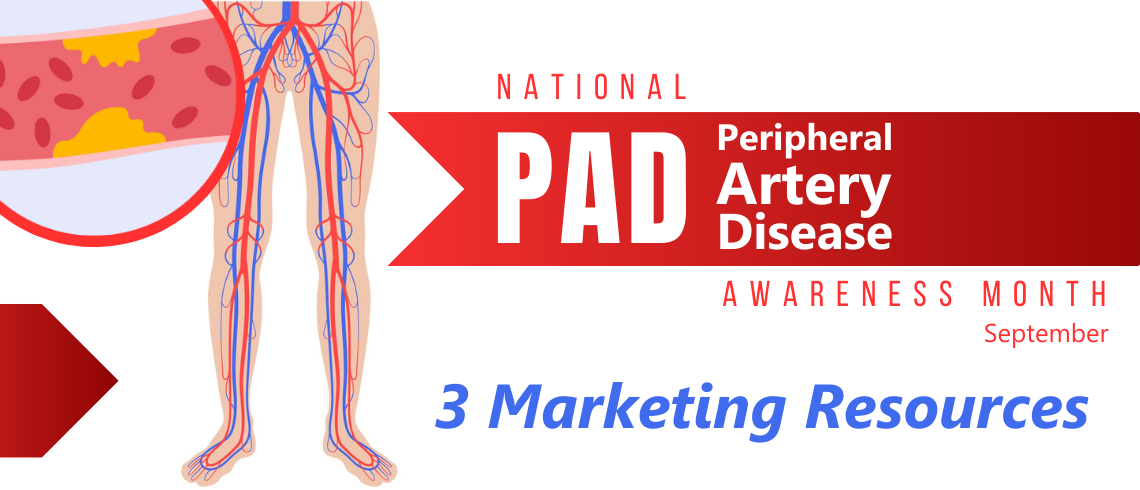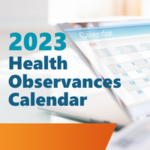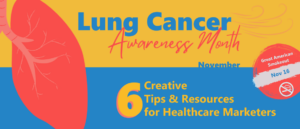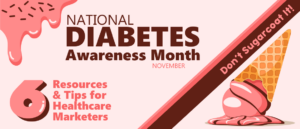
You have Heart covered. You have Stroke covered. But what about PAD? September is Peripheral Artery Disease (PAD) Awareness Month, a time for healthcare providers to raise awareness about this chronic circulatory condition. PAD is caused by a hardening of the arteries and can lead to unnecessary limb amputations if left untreated. It is highly treatable, but symptoms are often mistaken for other things, and millions of patients in the US are undiagnosed.
The highest prevalence of PAD occurs in individuals over the age of 50, and the risk increases with age. According to the Centers for Disease Control and Prevention (CDC), approximately 8.5 million people in the United States have PAD, but only 25% of those individuals are symptomatic. This means that millions of people are living with PAD and are unaware of it.
The Importance of Screenings
Screenings are an important step in diagnosing PAD. Conservative estimates suggest that 15% of the global population over the age of 50 have undiagnosed PAD. Early detection is critical in aiding successful treatment and avoiding complications. There are a few tests for diagnosing PAD, including an ankle-brachial index (ABI) test, a Doppler ultrasound, and an angiography as needed.
How You Can Motivate Screenings
Motivating patients to pursue screenings can be challenging. However, healthcare providers can leverage the additional buzz around PAD Awareness Month to more effectively compel their community to pursue screenings or otherwise consider their risk of PAD and what they can do about it. Providers can also use risk assessments to help quantify risk for patients and connect them to the recommended point of care that meets their needs and available care resources.
Creative Ideas for Promotion
National Peripheral Artery Disease (PAD) organizations provide various materials for promoting awareness month. Here are some examples:
- Informational resources: National PAD organizations provide informational resources such as brochures, flyers, posters, and fact sheets. These materials help educate patients and the general public about PAD, including symptoms, diagnosis, and treatment options.
- Social media campaigns: National PAD organizations use social media platforms to raise awareness about PAD. They use hashtags such as #PADAwarenessMonth, #PADAwareness, and #KnowPAD to increase visibility and engage with a wider audience.
- Toolkits: National PAD organizations provide toolkits to help healthcare providers promote PAD awareness during its awareness month. These toolkits include sample press releases, fact sheets, banners, outreach ideas, and much more.
By utilizing these materials, healthcare providers can effectively promote PAD awareness during September. This can help prevent unnecessary limb amputations and improve the quality of life for millions of patients in the US who are undiagnosed
How We Can Help
Another means of motivating appointments, one that marketers can help with, can be our PAD Risk Assessment.
This “health quiz,” based on widely-accepted research and national guidelines, helps to quantify risk for users and connect them to the recommended point of care at your facilities that meets their needs and your available care resources. The HRA accelerates a typical patient journey and cuts down the time between research/exploration and appointments.
If you are looking for an effective call-to-action for your PAD Awareness campaigns, including SEM and social campaigns, consider our HRA as a possibility.
We’re here to help you during PAD Awareness Month and beyond. Please feel free to contact us with questions, concerns, or comments.
Ask us how adding (or optimizing) the PAD HRA can support your system’s commitment to your community.
Hope these resources were helpful! Thanks for reading!
Take advantage of our special pricing on HRAs that align
with upcoming Health Awareness Months.
Click Here to Learn More 
What else is happening in September?
PAD Awareness Month isn't the only thing happening in September. Check out our calendar to find out what other opportunities you can promote in September and year round.



